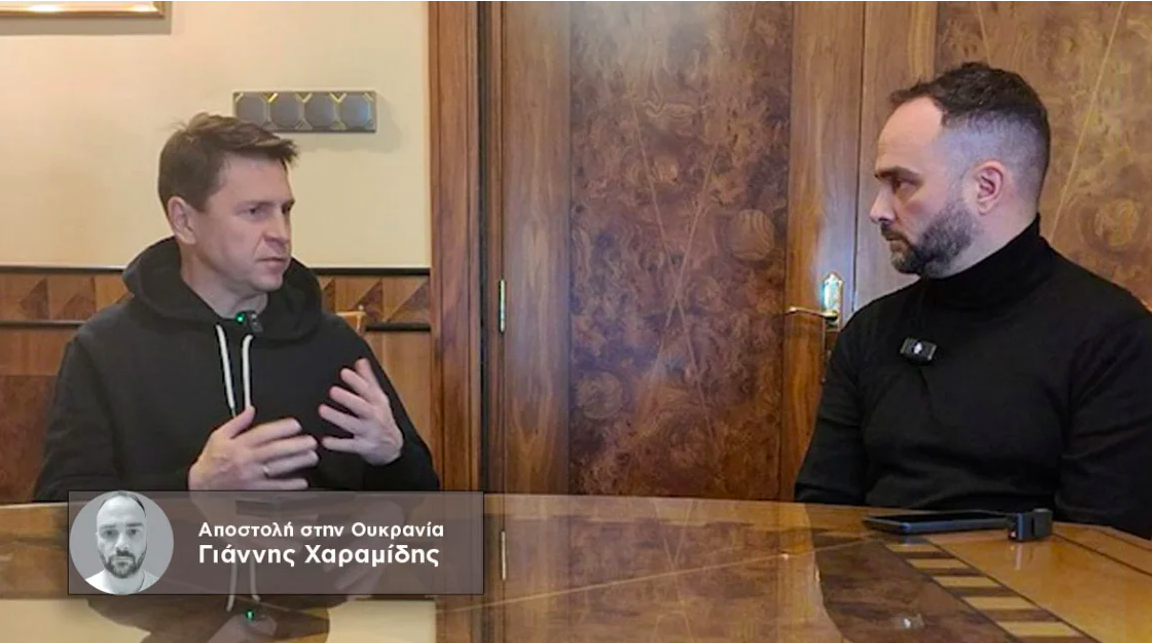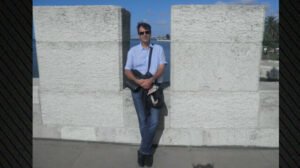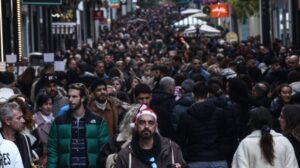Protothema.gr had the opportunity to speak with Mykhailo Podolyak, the closest and most trusted advisor to Ukrainian President Volodymyr Zelensky. The discussion revolved around the ongoing war, the diplomatic chessboard, and the future of Ukraine.
As a key figure in Ukraine’s strategy, Podolyak has been deeply involved in negotiations with Russia, including leading Kyiv’s delegation during the Istanbul conference in the early stages of the conflict. He offers a unique perspective on the battlefield dynamics and international diplomacy.
“Russia’s Nuclear Threats Are Hollow”
Podolyak dismisses Russia’s nuclear threats as “hollow” and emphasizes that Europe is repeating the same mistakes made before World War II. He warns that attempts to negotiate with a “murderer” will only lead to further aggression.
He describes the battles in Donetsk as extraordinarily violent and clarifies that Ukraine’s military actions in the Kursk region represent a legitimate war against an occupier.
Restoring Momentum with Long-Range Weapons
According to Podolyak, Ukraine’s use of medium- and long-range weaponry is an effort to regain the momentum lost during the failed counteroffensive of the summer of 2022. He attributes the shortcomings of that period to a lack of sufficient military resources.
Criticism of Western Institutions
Podolyak does not shy away from criticizing the West and international organizations like the United Nations, accusing them of failing to uphold their founding principles and choosing appeasement over accountability.
The Complexity of Ending the War
When asked whether the war could end, Podolyak admits that the answer is both simple and exceedingly complex. While Kyiv’s goals are clear, the West remains divided, complicating the path to resolution. He stresses that the only way forward is to ensure Ukraine’s survival and sovereignty, preventing the aggressor from being rewarded.
A Battle for Survival
As the war nears its third year, Podolyak underscores the stakes for Ukraine. For him, the resolution must prevent Ukraine’s weakening, territorial losses, or any vindication of the aggressor’s actions. This war, he says, is not only about Ukraine but also about the values of the international order.
Ask me anything
Explore related questions





